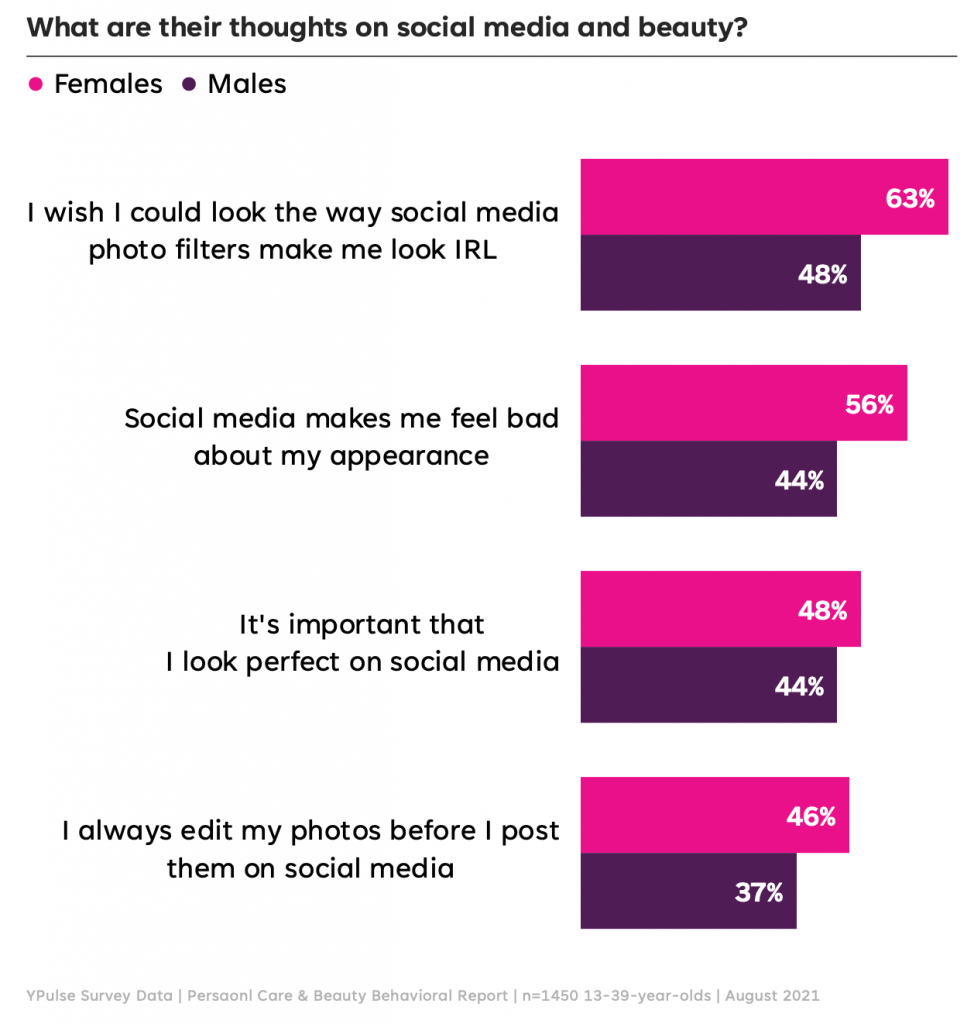By K Raveendran
Contrary to what is considered to be the general perception, post-millennial Gen Z-ers, meaning those who are aged between eight and 23 years, are more likely than other generations to cite negative feelings about social media. They are also more likely to report having poor mental health.
These are among the findings of a global Gen Z survey by McKinsey Health Institute (MHI), which asked more than 42,000 respondents in 26 countries across continents questions based on the four dimensions of health: mental, physical, social, and spiritual. The replies were then analysed to find the differences and similarities across generations and countries, with a hope of informing the broader dialogue around Gen Z mental health.
MHI is a non-profit initiative by McKinsey aiming to catalyse actions across continents, sectors, and communities to achieve material improvements in health, empowering people to lead their best possible lives. MHI sees supporting youth mental health as essential to adding ‘years to life and life to years’.
The analysis found that the relationship between social media use and mental health is complex, but there was one more surprise: older generations engaged with these platforms almost at the same level, although not necessarily for the same reasons and purposes. More than 50 percent of all groups cited self-expression and social connectivity as positives from social media. Baby boomers—those born between 1955 and 1964 — in eight of the 26 countries surveyed reported spending as much time on social media as Gen Z-ers, but millennials were the most likely to post.
Interestingly, in most surveyed countries, a higher share of Gen Z survey respondents reported poor mental, social, and spiritual health compared with other generations. Globally, one in seven baby boomers said their mental health has declined over the past three years, compared with one in four Gen Z respondents. Female Gen Z-ers were almost twice as likely to report poor mental health when compared with their male counterparts. The percentages were 21 and 13 respectively.
According to the survey results, in most surveyed countries, a higher proportion of Gen Z respondents said their mental health was poor or very poor when compared with other groups. It was the highest 16 percent for Gen Z-ers and 7 percent for baby boomers. However, in China, Egypt, Nigeria, Saudi Arabia, United Arab Emirates, and Vietnam, Gen Z respondents reported that they struggled most with their social health. Overall, mental health experiences varied by region, with Gen Z participants in Saudi Arabia, Egypt, and Nigeria rating their mental health as ‘very good’ with the highest frequencies.
Studies of young adults and their social media use have shown an inverse relationship between screen time and psychological well-being, with higher utilization associated with poorer well-being. It has been found that the nature of the relationship individuals have with social media can have a greater impact on their mental health than time spent.
The McKinsey survey findings showed a nuanced relationship between social media use and mental health. While around one-third of respondents across groups reported positive impacts of social media on mental health, generations differed in reported negative impacts. The negative effects appeared to be greatest for younger generations, with particularly pronounced impacts for Gen Z-ers who spend more than two hours a day on social media and Gen Z-ers with poor mental health. Gen Z respondents from Europe and Oceania were most likely to report negative impacts from social media, and respondents from Asia were least likely. The comparison was (32 percent and 19 percent respectively.
All generations said that social media use had the most positive impact on self-expression and social connectivity. Across generations, more positive than negative impacts were reported by respondents. It was higher only for Gen Z. Respondents from high-income countries were twice as likely to report a negative impact of social media on their lives than respondents from lower-middle-income countries.
When compared with their male counterparts, a higher proportion of female Gen Z-ers said social media had a negative impact on the ‘fear of missing out’ (FOMO) to the extent of 32 percent versus 22 percent, body image, 32 percent versus 16 percent, and self-confidence, 24 percent versus 13 percent.
More than one in four respondents across all generations reported using digital wellness apps as compared with one out of five using these, with the former accounting for 28 percent compared with 19 percent for the latter. Fifty percent more Gen Z respondents, compared to Gen X, reported using digital mental health programmes, signifying 22 percent for Gen Z versus 15 percent for Gen X and baby boomers.
In the context of the struggle by communities around the world to provide young people with someone to call, someone to respond, or a safe place to get help during mental health, substance use, and suicidal crises, the analysis found there was need for collaboration between technology companies, mental health professionals, educators, employers, policy makers, and the wider community to deal with the mental health problems.
It was found that the majority of countries did not have a national suicide or mental health crisis line. In addition, communities in every geography lack adequate community mental health services infrastructure to respond to the volume of crises young people experience each year. Dispatching specially trained mobile teams or providing a safe place to go in crisis is even more rare, it found.
The MHI analysis came to the conclusion that social media and technology, while part of the broader dialogue around youth mental health, can be powerful tools in promoting well-being and offering scaled mental health support. There is need for providing youth the tools to make it easier for them to express psychological distress to find support groups, crisis hotlines, or emergency mental health services.
MHI said by prioritizing mental health and utilizing technology in a positive way, young people are more likely to achieve and sustain better health. Other strategies recommended include using social media to build supportive online communities for affinity groups and promoting youth leaders to create and disseminate content that promotes mental health. (IPA Service)




 India Among ‘Governments Freely Targeting Faith Communities’
India Among ‘Governments Freely Targeting Faith Communities’ 